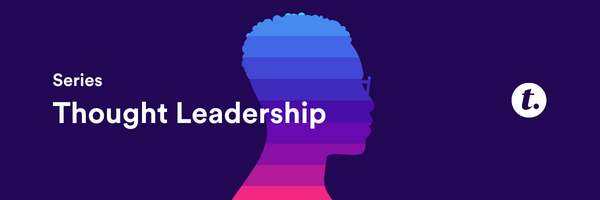
The complexity in today’s fast-paced business environment leads human resources to manage a multitude of responsibilities, from recruitment and onboarding to payroll and performance management. To navigate these challenges efficiently and effectively, every HR practitioner needs a solid HR tech stack. This stack of overlapping, complementary, and mobile technology is impactful to the employer brand, to the employee experience, and the relevance of human resources in the business function.
Managing Workflow Across All HR Areas
A robust HR tech stack allows HR practitioners to better manage workflow across all HR areas, including recruitment, assessments, onboarding, benefits administration, performance evaluation, and payroll processing. There is almost nothing left out in today’s SaaS-based offerings! By consolidating these processes into a centralized platform, organizations can streamline operations, reduce duplication of effort, and ensure consistency in HR practices.
Creating Efficiencies and Minimizing Errors
One of the primary benefits of a solid HR tech stack is its ability to create efficiencies and minimize mistakes or human error. By automating repetitive tasks, such as data entry and document processing, HR practitioners can free up valuable time to focus on strategic initiatives and employee engagement. This was the initial premise behind machine learning. Common approaches to repetitive tasks minimize errors and reduce liability by ensuring accuracy and compliance.
Meeting Employee Expectations
Employees expect a seamless interaction with HR technology for various tasks, including onboarding, paystub access, requesting time off, participating in workplace surveys, and tracking their skill development. Employees want dashboards with intuitive interfaces, self-service options, as well as, opportunities to engage with chatbots to get immediate responses.
Identifying HR Tech That Works
When evaluating HR technology solutions, practitioners should look for features and capabilities that align with organizationally specific needs and objectives:
- Time and Cost Savings: Effective HR tech solutions save both time and money by automating manual processes and reducing administrative overhead.
- Quality Data and Analytics: The best HR tech provides comprehensive data and analytics capabilities, enabling practitioners to derive actionable insights for decision-making and strategic planning.
- Data Security: Protecting sensitive employee data is paramount. A reliable HR tech stack employs robust security measures and compliance protocols to safeguard confidentiality and integrity.
- User-Friendly Experience: Intuitive interfaces and mobile accessibility enhance user adoption and satisfaction, driving greater engagement and productivity.
- Task Automation: Automation of time-consuming tasks, such as scheduling interviews and processing payroll, improves efficiency and reduces the likelihood of errors.
Avoiding Ineffective HR Tech Solutions
As with any technology selection, it is vital to know what you don’t need or would only be a distraction. Avoid some of these pitfalls:
- Lack of Mobile-Friendly Apps: HR tech solutions must prioritize mobile accessibility for employee-facing applications to ensure widespread adoption and usability.
- Feature Overload: Too many unnecessary features can overwhelm users and detract from the core functionality of the HR tech stack.
- Compliance Issues: Non-compliance with legal and regulatory requirements poses significant risks to organizations, including fines, lawsuits, and reputational damage.
- Lack of Scalability: HR tech solutions should be scalable and adaptable to accommodate organizational growth and evolving needs over time.
A solid HR tech stack is indispensable for modern HR practitioners seeking to drive organizational success and maximize the potential of human capital. By investing in technology that streamlines recruitment, onboarding, and talent management processes, organizations can improve productivity, enhance communication, ensure compliance, and ultimately achieve their strategic objectives.
It’s not news that to be competitive for candidates and to offer the most productive employee experience. What is news is the consistent utilization of HR technology must be owned by the human resources practitioner. Embrace that responsibility!
Connect with John in Transform Plus!

Guest Author: John Baldino, MSHRD SPHR SHRM-SCP, Founder of Humareso
Author Bio: With 27 years of HR expertise a Bachelor’s in English and a Master’s in HR Development, John Baldino is the founder of Humareso, specializing in tailored HR strategies, talent management, and outsourced HR services, including their flagship HRO plan, optimizing businesses with compliance, training, and performance management solutions.
